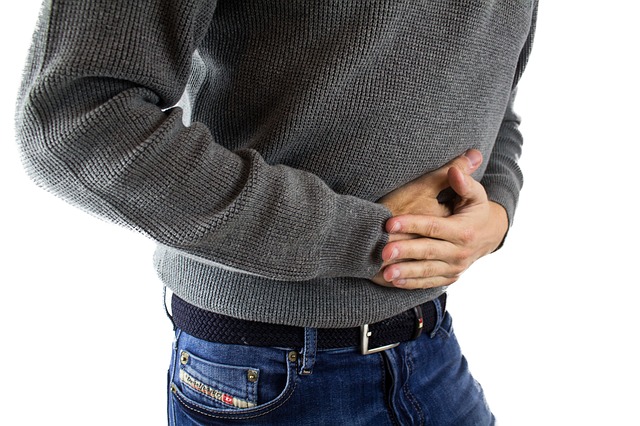Achlorhydria indicates the inability to produce gastric acid (i.e., hydrochloric acid [HCl]), even after stimulation with secretagogues (e.g., pentagastrin [gastrin analogue], histamine, betazole [histamine analogue], or a meal). Serum gastrin is a marker for gastric acid output. A decrease in gastric acid interrupts a negative feedback pathway controlling gastrin secretion, and leads to elevated serum gastrin levels (hypergastrinaemia
Achlorhydria Causes:
The cause of achlorhydria in first case may be subtotal gastrectomy, atrophic gastritis, carcinoma, gastric polyp etc while in later case it may be chronic nephritis, tuberculosis, hyperthyroidism, chronic alcoholism, sprue, pellagra etc. The symptoms vary with associated disease but they generally include mild diarrhoea or frequent bowl movement, epigastric pain and sensitivity to spicy food. Achlorhydria can be treated by various acidifying agents like ammonium chloride, dilute HCl, Calcium chloride etc.
Types of achlorhydria:
The pH of stomach is 1.5 -2 when empty and rises to pH 5-6 when food is ingested. The pH of stomach is so low because of the secretion of HCl. Gastric HCl act by destroying the bacteria in the ingested food and drinks. It softens the fibrous food and promotes the formation of the proteolytic enzyme pepsin. This enzyme is formed from pepsinogen at acidic pH (>6). Pepsin helps in the metabolism of proteins in the ingested food. Therefore lack of HCl in the stomach can cause Achlorhydria.
Two types of achlorhydria are known:
1) where the gastric secretion is devoid of HCl, even after stimulation with histamine phosphate
2) where gastric secretion is devoid of HCl, but secreted upon stimulation with histamine phosphate.
Treatment of Achlorhydria:
Dilute Hydrochloric Acid HCl M.W 36.5 I.P. Limit: It contains not less than 9.5% and not more than 10.5% w/w of HCl. The acid should be diluted with 25-50 volumes with water or juice and sipped through a glass tube to prevent reaction upon dental enamel.
The cause of your achlorhydria will determine your treatment path. For instance, if chronic use of PPIs were how you developed this condition, the first step your doctor may take is to stop having you take these medications, and possibly H2 blockers as well. If an autoimmune disorder is to blame, steps could be taken to get that condition in line. Basically, there is not one set treatment option, but your doctor will know what treatments fit with your version of achlorhydria.
Proton-pump inhibitor
amoxicillin
clarithromycin
metronidazole
levofloxacin
bismuth
Symptoms of achlorhydria:
Achlorhydria can increase your risk of developing iron deficiency anemia. Without stomach acids, the body will have issues absorbing iron.
Other vitamins and minerals such a calcium, folic acid, vitamin C, and vitamin D also rely on adequate stomach acid for their absorption into the digestive tract.
If diagnosed with achlorhydria, doctors often check for anemia. Other achlorhydria symptoms can include:
abdominal bloating
indigestion
nausea
acid reflux
digestive issues
diarrhea
weak, brittle nails
hair loss
undigested food in stools
Achlorhydria Treatment Causes Symptoms PPT PDF -achlorhydria treatment in ayurveda achlorhydria mayo clinic achlorhydria pdf histamine test for achlorhydria hypochlorhydria test achlorhydria meaning in hindi what is the physiological effect of achlorhydria in the body hyperchlorhydria


